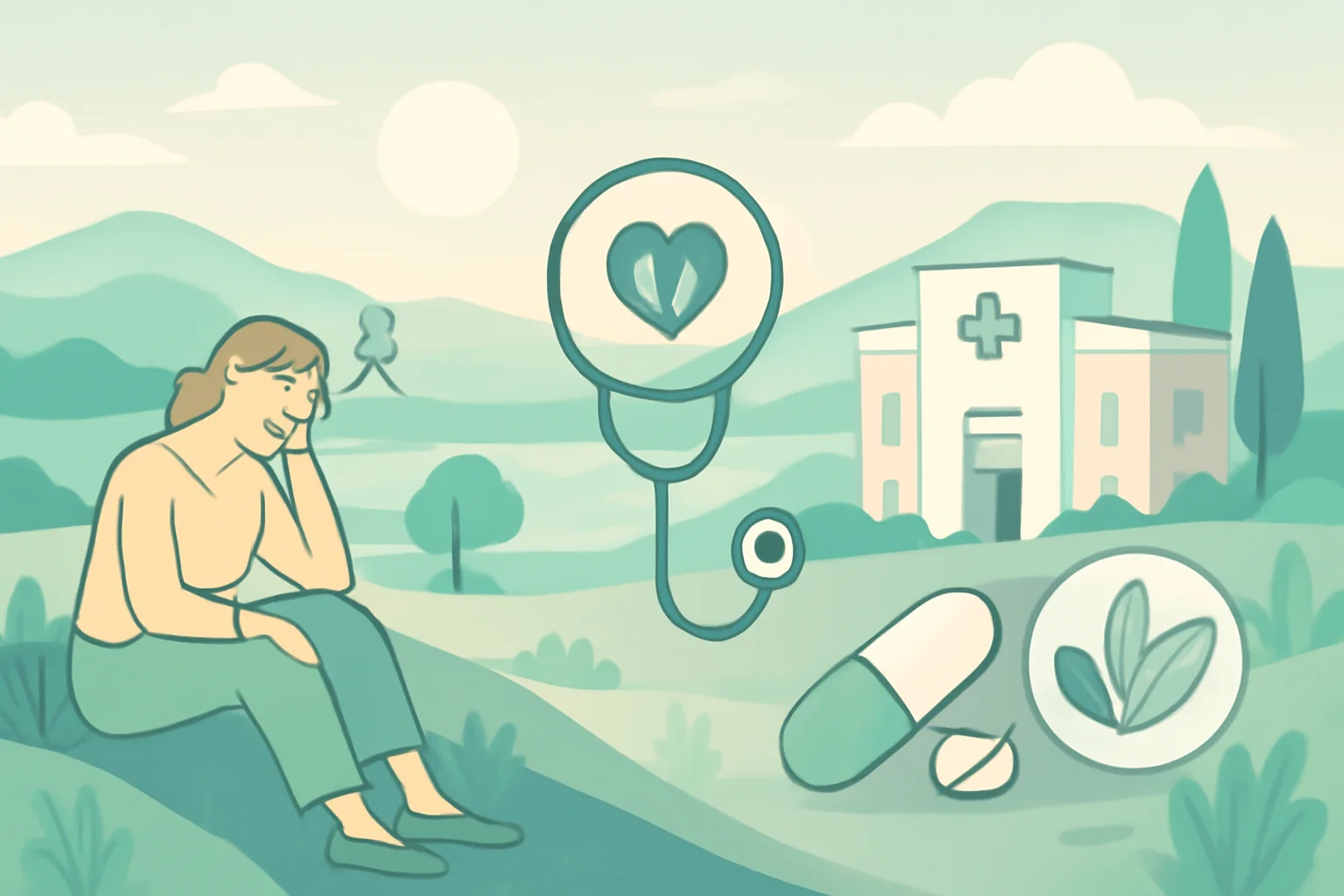
Causes and Treatment Options for Fatigue and Weakness
The modern lifestyle often puts a strain on our bodies and minds, leading to feelings of exhaustion and weakness. These conditions are familiar to many, and while they may seem similar, they can actually stem from different causes and consequences. Exhaustion is typically a result of physical or mental activity, while weakness often indicates a lack of energy in the body or other health issues. Due to societal expectations and constant performance pressure, many people ignore the signals from their bodies, which can lead to more serious problems in the long run.
People often tend to confuse exhaustion with weakness, yet the two require different approaches. Exhaustion is usually temporary and can be remedied with proper rest, nutrition, or stress management, while weakness often has deeper roots and may necessitate medical intervention. Our lifestyle, dietary habits, and stress levels all influence how we feel in our daily lives. It is worthwhile to consciously pay attention to the signals from our bodies to avoid long-term health problems.
Exhaustion: A Sign of Physical and Mental Fatigue
The feeling of exhaustion is a natural part of everyday life, especially in today’s fast-paced world. This fatigue is often caused by excessive physical or mental activity. When at the end of the day we feel that we simply have no more energy, it is a sign of exhaustion. This state is generally temporary and can easily be remedied with proper rest, sleep, or even a little leisure activity.
The causes of exhaustion can vary widely. Physical exhaustion often results from sports, housework, or any strenuous physical labor, while mental exhaustion can develop due to stress, workplace pressure, or anxiety. Lack of sleep is also a significant factor, as the body and brain recover during sleep. If we regularly disrupt this process, the feeling of fatigue becomes increasingly common.
Signs of exhaustion include difficulty concentrating, fatigue, irritability, and lack of motivation. People tend to neglect exercise during these times, which further exacerbates the situation. A healthy lifestyle, proper nutrition, and regular physical activity can help prevent exhaustion.
If someone regularly experiences exhaustion, it is advisable to consult a professional to rule out more serious health problems. Treating exhaustion is generally simpler than treating weakness, and in most cases, appropriate lifestyle changes may be sufficient to improve the situation.
Weakness: A Sign of the Body’s Energy Deficiency
Weakness is another state closely related to exhaustion, indicating a lack of energy in the body. This feeling usually points to deeper issues than exhaustion. Weakness is not merely a sign of physical fatigue; in many cases, it reflects the overall condition of the body.
There can be numerous causes of weakness, including nutrient deficiencies, chronic diseases, hormonal imbalances, or mental health issues. For instance, iron-deficiency anemia, thyroid problems, or diabetes are all conditions that can lead to weakness. Symptoms of weakness may include gradually declining physical performance, difficulties in daily activities, or even mental fatigue.
It is important to understand that weakness can signal serious problems in the long term, so if someone regularly experiences this feeling, it is recommended to see a doctor. Medical examinations can help pinpoint the exact causes and initiate appropriate treatment.
The treatment of weakness generally focuses on eliminating the underlying causes. For example, if it is due to iron deficiency, proper nutrition and possibly taking supplements can help improve the situation. Treating chronic diseases may require medical intervention.
Understanding the difference between weakness and exhaustion can be crucial, as while exhaustion can usually be resolved with rest, weakness often indicates more serious health issues.
Treating Exhaustion and Weakness
The treatment of both exhaustion and weakness fundamentally relies on making appropriate lifestyle changes. In the case of exhaustion, the most important factors are rest and recovery. Regular sleep, relaxation techniques such as meditation or breathing exercises, can all help reduce exhaustion. Additionally, physical activity is important, as it increases energy levels and improves mood.
Attention should also be paid to nutrition. A healthy, balanced diet helps maintain energy levels and reduces feelings of exhaustion. Sufficient water intake is also important, as dehydration can exacerbate fatigue.
Treating weakness, on the other hand, can be a more complex task. If weakness is caused by a health issue, medical treatment is essential. After a proper diagnosis, the doctor may recommend medications, therapy, or lifestyle changes that can help eliminate weakness.
It is important to pay attention to the signals from our bodies in both conditions. If exhaustion or weakness persists, it is advisable to consult a professional to receive appropriate treatment.
> Note: This article does not constitute medical advice. For any health issues, please consult a doctor.

